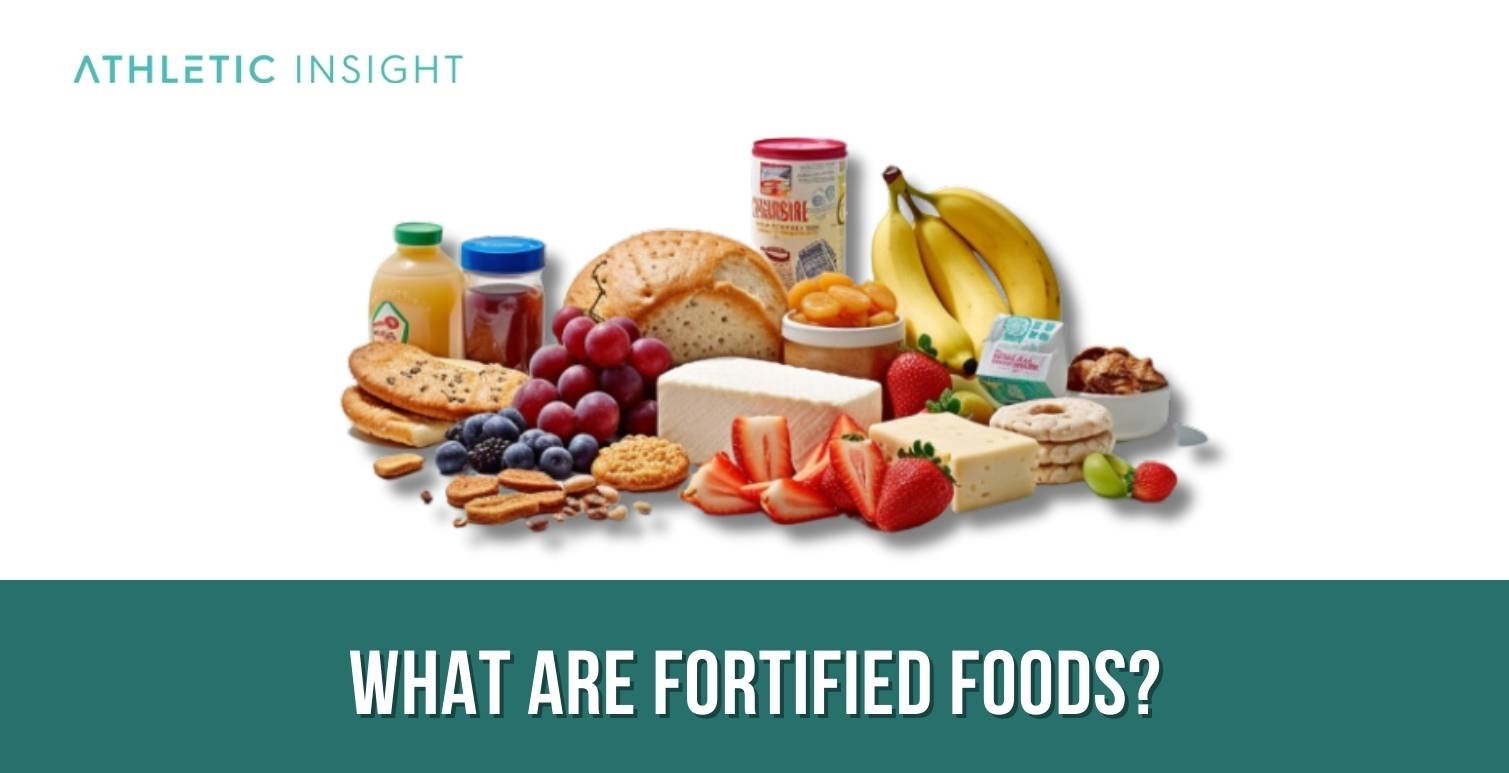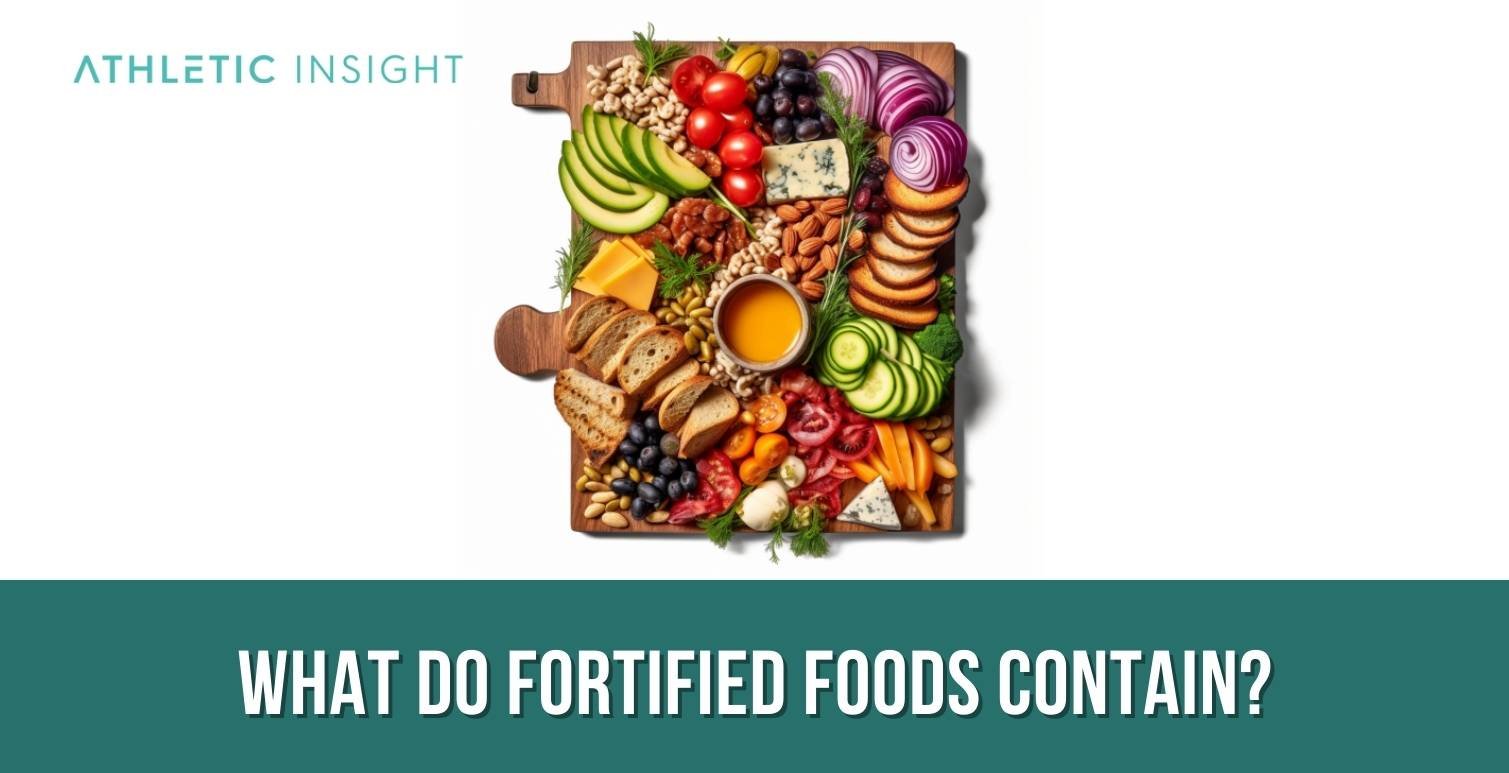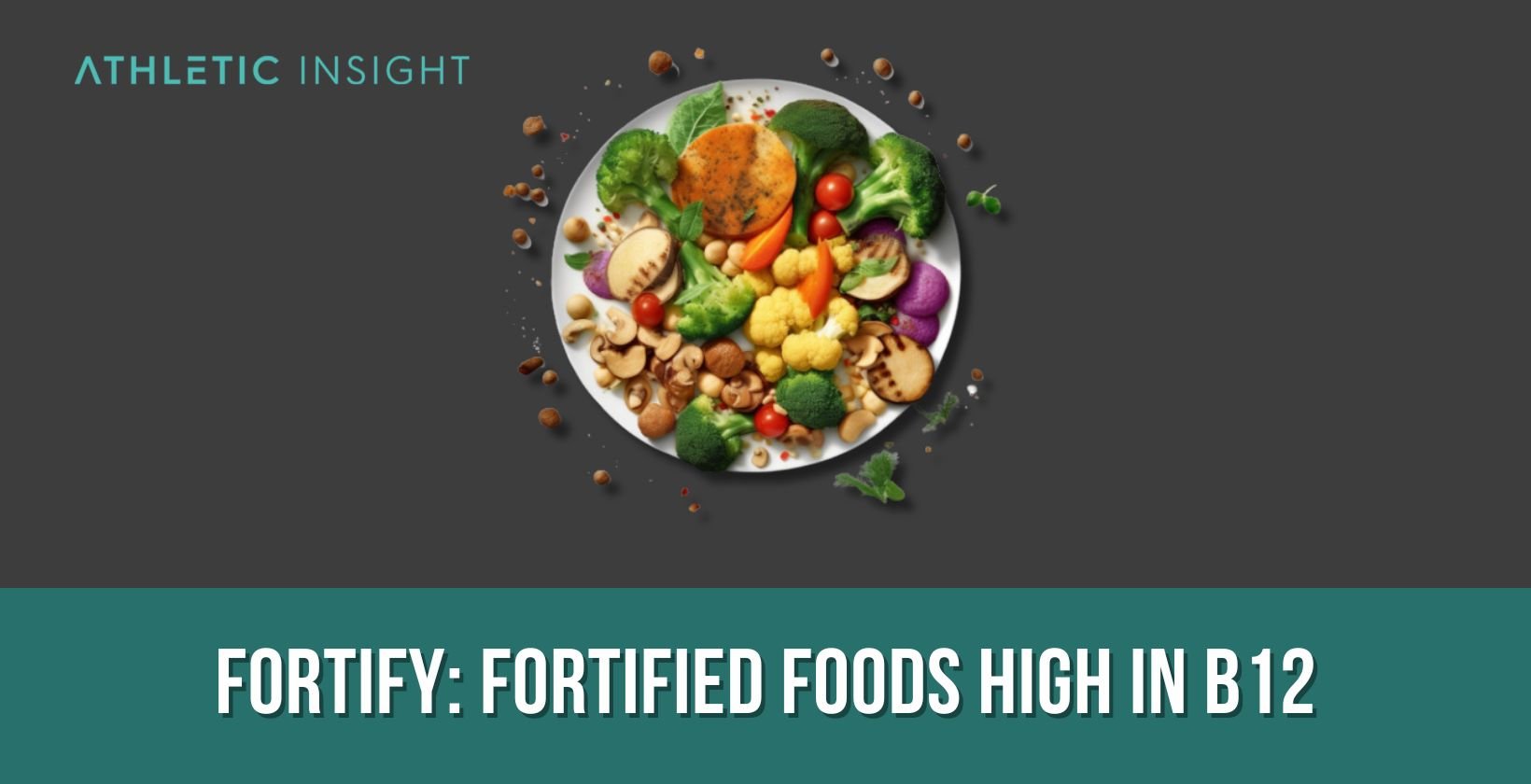Fortified foods provide an avenue to essential nutrients, particularly in dietary restrictions where access to these nutrients may be compromised. One such critical nutrient is Vitamin B12, especially in vegan or vegetarian dietary regimes. This exploration deepens the understanding of fortified foods, focusing on foods rich in B12 and the role they play in human health.
What are Fortified Foods?
In the vast terrain of nutritional sciences, fortified foods serve as an oasis of essential nutrients. These are foods into which certain nutrients have been added to enrich their nutritive value, making them more beneficial to health. Vitamin B12, crucial for the healthy functioning of the brain and blood cells, is one such nutrient that is often added to foods, marking their status as fortified.

Such fortification offers an effective strategy for providing this indispensable vitamin to individuals subscribing to dietary protocols that eschew animal products, such as vegan or vegetarian diets. The deliberate enrichment of foods with Vitamin B12 thereby holds significant implications for meeting daily nutritional requirements without compromising dietary preferences.
Who Need Foods High in B12?
While Vitamin B12 is a universal requirement for good health, certain individuals are particularly susceptible to deficiencies and hence may require foods high in B12. Predominantly, older adults, individuals with gastrointestinal disorders, vegetarians, vegans, and those with pernicious anemia are often encouraged to augment their B12 consumption, typically via foods fortified with this nutrient.
Why Do Fortified Foods Exist?
Fortified foods emerged from the need to counter prevalent nutrient deficiencies. They represent a strategic, public health intervention that works by enhancing the nutrient profile of foods. In doing so, it alleviates potential nutritional gaps, particularly in populations where certain nutrients are absent or inadequate in their traditional diets. Vitamin B12 fortification is especially beneficial for individuals on vegan or vegetarian diets, enabling them to meet their daily nutritional requirements efficiently.
What is the Importance of Fortified Foods?
Fortified foods, in their nutritional augmentation, play a pivotal role in the modern dietary landscape. By bridging the gaps in nutrient intake, these foods contribute to improved health and well-being, prevent nutrient deficiencies, and help to meet the nutritional needs of diverse populations. As such, their role in public health nutrition cannot be overemphasized.
What are the Benefits of Fortified Foods?
Fortified foods come with three major benefits that collectively contribute to improved health outcomes. These are designed to enhance the nutritional content of the diet, thus providing the following advantages. The benefits of fortified foods include improved nutrient intake, disease prevention, and accessibility and convenience.
- Improved Nutrient Intake: By infusing additional nutrients into everyday foods, fortification strategies help individuals meet their nutritional requirements in a convenient manner.
- Disease Prevention: Regular consumption of fortified foods can help to prevent diseases resulting from nutrient deficiencies, thus contributing to better overall health.
- Accessibility and Convenience: Since fortification involves adding nutrients to commonly consumed foods, it offers a convenient way for individuals to increase their intake of essential nutrients without any significant changes to their dietary patterns.
What are the Challenges of Fortified Foods?
Despite the impressive benefits of fortified foods, they do come with their share of challenges that warrant attention. The three main challenges of fortified foods include overconsumption, bioavailability issues, and limited diversity.
- Overconsumption: When fortified foods are consumed excessively, there’s a risk of nutrient toxicity, especially if the nutrients in question are of the fat-soluble variety which tend to accumulate in the body.
- Bioavailability Issues: Nutrients added to foods may not be as bioavailable as those naturally present in foods, meaning they might not be as effectively absorbed and used by the body.
- Limited Diversity: Fortification typically involves a limited number of nutrients, potentially leading to an imbalance in the intake of various nutrients.
How Can Plant Based Individuals Get Vitamin B12?
Plant-based individuals may face challenges in obtaining adequate Vitamin B12, as natural food sources are predominantly of animal origin. However, fortification provides a solution to this predicament. Foods such as plant-based milk, breakfast cereals, and nutritional yeast, fortified with B12, can help meet their dietary needs. Consistent intake of these foods or use of B12 supplements can help maintain adequate levels of this vital nutrient.
What Do Fortified Foods Contain?
Fortified foods are brimming with added nutrients to enhance their nutritive value. Depending on the type of food and its purpose, it may contain vitamins, minerals, or both. These can include vitamins B, C, D, and A, or minerals like calcium, iron, and zinc. In the context of B12 fortification, these foods typically contain forms of B12 such as cyanocobalamin or methylcobalamin that are readily absorbed and utilized by the body.

What are Examples of Fortified Foods High in B12?
There is an array of fortified foods high in B12 available in the market, allowing individuals to pick and choose as per their taste preferences. Some examples of fortified foods high in B12 include fortified breakfast cereals, fortified plant-based milk, and fortified nutritional yeast.
- Fortified Breakfast Cereals: A breakfast staple for many, these cereals often come fortified with B12, making for a healthy, B12-rich start to the day.
- Fortified Plant-Based Milk: Non-dairy milks, such as those derived from almonds, soy, or rice, are often fortified with B12.
- Fortified Nutritional Yeast: A popular ingredient in vegan cooking, nutritional yeast is often fortified with B12, and can be used in a variety of recipes.
What is the Daily Value for B12?
Vitamin B12’s recommended dietary allowance (RDA) varies depending upon factors such as age, life stage, and gender. The daily value (DV) for adults is 2.4 micrograms. However, pregnant and lactating women may require slightly higher amounts.
Can Supplements Provide the Daily Nutritional Needs?
Yes, dietary supplements can indeed meet the daily nutritional needs for individuals unable to fulfill their nutritional requirements through diet alone. However, it’s essential to remember that these are intended to supplement, not substitute, a balanced diet. They should be used judiciously under the supervision of a healthcare provider to avoid the risk of excessive intake.
Do Micronutrients Include B12?
Yes, Vitamin B12 is classified as a micronutrient, referring to nutrients needed by the body in minute amounts. Despite their low requirement, micronutrients, including B12, play significant roles in maintaining good health, supporting vital functions such as metabolism, nerve function, and the production of red blood cells.
Does RDA include B12?
Yes, the RDA system includes recommendations for Vitamin B12 intake. The RDA for Vitamin B12, like other nutrients, is set at a level intended to meet the needs of nearly all healthy individuals in a particular life stage and gender group. Thus, it serves as a guideline for individuals to meet their daily nutrient requirements and for healthcare providers to advise their patients appropriately.



